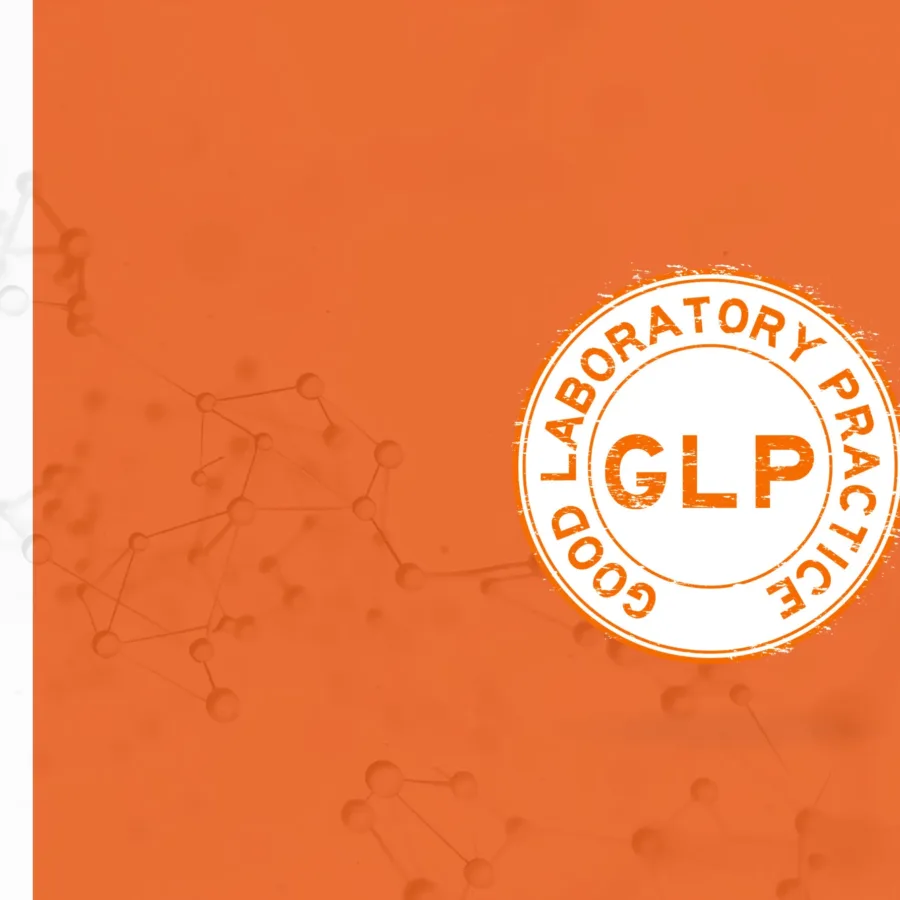
Rare Diseases CRO Services
There is a number of considerations when developing an assay to monitor a class of biomarkers for orphan or rare diseases. KCAS Bio has validated an assay for 20 amino acids (20-plex) that has been applied to support studies in metabolism and rare disease. KCAS Bio is interested in increasing our suite of biomarker assays. We are happy to develop and qualify custom methods or collaborate on more general assays for rare/orphan diseases.

Rare disease research, a highly-specialised science
The study of drug development for orphan and rare diseases is a very important, but highly specialized part of our industry. When you get into the cell and gene therapy areas, for instance, you’re dealing with rare diseases and immuno-oncology – those types of therapies have a more specific set of needs, from helping with clinical supply kits, through the whole chain of sample management, to testing the activity of your precious samples to testing the activity of your precious samples – it takes a very specific set of skills and levels of experience. KCAS Bio has the history and expertise to handle your orphan and rare disease studies.

Rare diseases research, by leading scientists
Rare diseases – as the name implies – are diseases that are uncommon and very low in number; affecting maybe one in 30,000, or one in 50,000, or even one in a hundred thousand people. While rare, these are often very debilitating and even life-threatening, typically of genetic nature. Because of their relative obscurity, these are often understudied and/or misunderstood. At KCAS Bio, we understand and often have had experience with therapeutics associated with rare disease.
We understand the immunogenicity space. We understand and can quickly identify what regulatory needs you will face – whether it’s in the nonclinical or clinical setting. We can efficiently and with high quality help you navigate the immunogenicity complexities of rare diseases. Additionally, having been supporting PK assays for 40 plus years, we’ve got a lot of depth to support the PK. And last but not least, one of our biggest strengths is we can help in the pharmacodynamic and biomarker space.
We employ rigorous quality practices that go beyond our competition. Processes are continuously improved to ensure we consistently deliver a complete outsourcing experience to clients.
KCAS Bio provides high quality science and data services that have benefits for the entire drug development journey.
Agile, responsive, and easy to work with
We prepare and adapt our rare diseases based on a deep understanding of your drug development ambitions and wider business objectives.
KCAS Bio scientific insights
 Blogs
Blogs
Developing a robust Pharmacokinetic (PK) assay for biotherapeutics often presents unforeseen biological hurdles. Occasionally, a traditional Ligand Binding Assay (LBA) may yield inconsistent data. In this particular case, the LBA assay was not reliably detecting drug in the matrix, potentially indicating some matrix stability issue during method development. In addition,…
 News
News
KCAS Bio is proud to announce that its EU site (Lyon, France) has successfully renewed its Statement of Compliance with Good Laboratory Practices (GLP), confirming its ability to deliver GLP-grade bioanalytical methods in support of preclinical studies. Our GLP test facility was granted a Level of compliance “A”, reinforcing KCAS Bio’s capability to…
 Podcasts
Podcasts
In episode #29 of “The Conversational Flow” podcast, our hosts, Brian and Adam, are joined by guests from Accelerating Cancer Immunotherapy Research (ACIR), a nonprofit dedicated to sharing important advances in cancer immunotherapy with the scientific community and the public. Ute Burkhardt discusses her background in cancer vaccines and neoantigen-driven…

Tell us how we can help with your project
We've earned our reputation for delivering reliable, error-free data. We understand the importance of speed, flexibility, and consistency and only make promises we can keep.